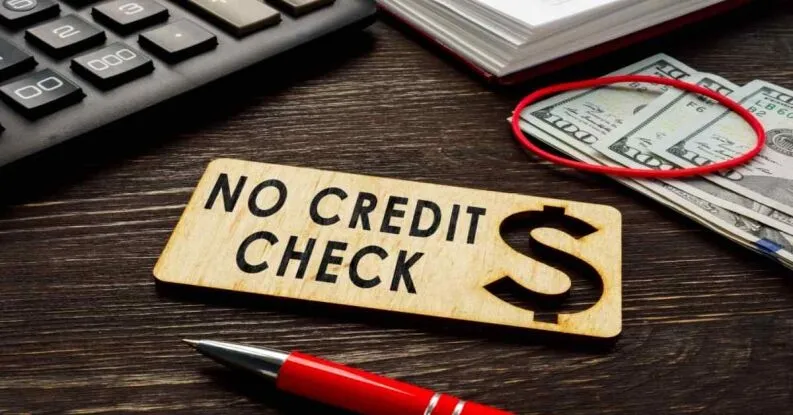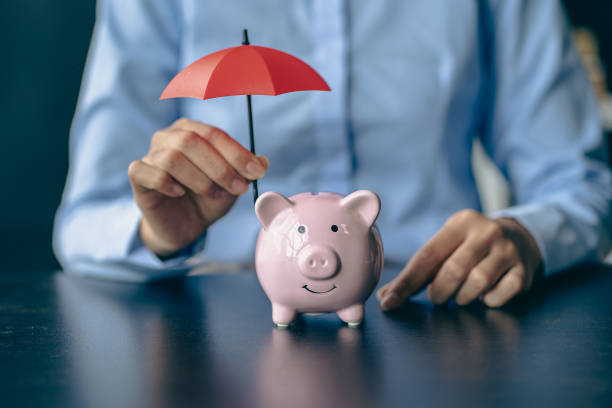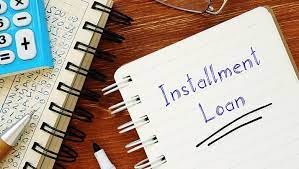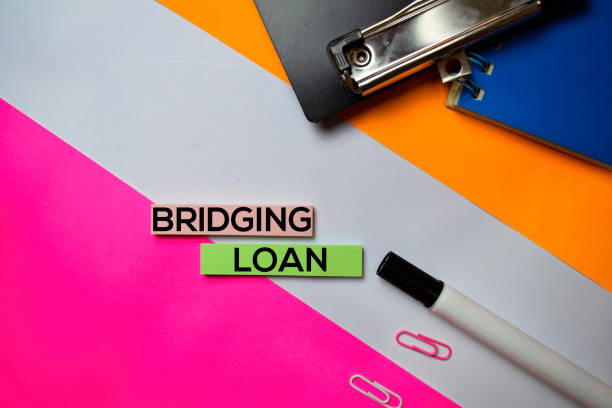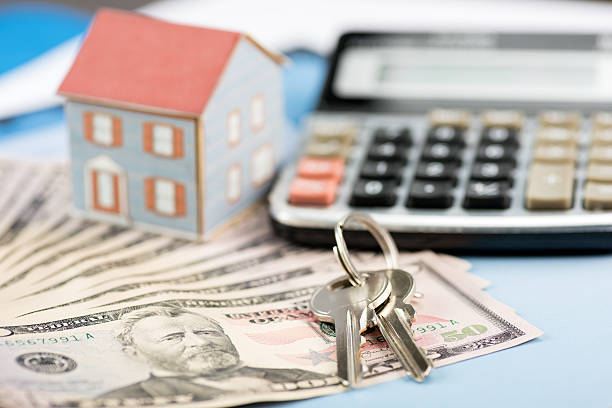
Household debt is the amount of money that people have borrowed for things like mortgages, credit card bills, and student loans. In the UK, people are taking on more debt than they used to.
Recent reports say that the average UK household now owes about £58,000, and many are having trouble making payments. People need to understand and take care of their household debt well. It is because too much debt can lead to serious problems like financial stress, bad credit, and even bankruptcy.
To avoid these problems, you need to make a careful budget, pay off debt at the top of your list, and talk to a professional if you need to.
Types of Household Debt
People in the UK can get into different kinds of household debt. Here are some examples:
Mortgages: A mortgage is a loan that helps people buy homes. Most people in the UK need a mortgage to buy a home because the prices of homes are usually very high. Most mortgages are long-term loans with rates of interest that are manageable.
Credit Card Debt: People can use credit cards to borrow money for things like buying things or paying bills. But if the loan isn’t paid back in full every month, interest is added to the remaining balance. It can add up quickly if you don’t keep track of your credit card debt.
Personal Loans: Personal loans are another way for people to borrow money. They are usually used for home improvements or buying a car. Interest rates and payment terms for personal loans are often set.
Payday Loans: Payday loans are short-term loans with high-interest rates due on the borrower’s next paycheck. These loans can be tempting in the short term, but if the borrower doesn’t pay them back on time, they can quickly become a burden.
Other Forms of Household Debt: Other types of household debt include car loans, student loans, and other types of loans that people take out for specific reasons. Before taking out a loan, it’s important to think carefully about the terms because the consequences of not paying back a loan can be very bad.
How To Measure Your Household Debt?
Follow these steps to figure out how much your family owes:
Gathering Financial Information: To get a full picture of your household debt, you’ll need to gather information about your debts, such as the balances and interest rates. This could include your mortgage, credit card balances, personal loans, and other debts.
Calculating Total Household Debt: Once you have all this information, you can add up the balances of all your debts to figure out how much your household owes.
Determining Debt-To-Income Ratio: You can figure out your debt-to-income ratio to see how manageable your debt is. To do this, divide your total monthly debt payments by your monthly gross income. For example, if your total monthly debt payments are £1,000 and your gross monthly income is £3,000, your debt-to-income ratio is 33%. Generally, having a debt-to-income ratio of 36% or less is good. This can change, though, depending on your finances and other things.
Ways To Manage Household Debt
There are many ways to deal with and get rid of household debt. Here are some options for you:
Prioritising Debts: One way to deal with household debt is to decide which debts to pay off first. For example, you might pay off debts with high-interest rates first, like credit card balances, before you pay off debts with lower interest rates, like a mortgage.
Negotiating With Lenders: If you’re having trouble making your debt payments, you might want to see if your lenders are willing to work with you. This could mean negotiating lower interest rates or better terms to repay the loan.
Consolidating Debts: You could also consider putting all your debts into one loan. This can make it easier to handle your debt since you’ll only have to make one payment each month instead of several. But you may have to meet specific requirements to get one. If you have bad credit or no guarantor, you might want to work with a direct lender specializing in debt consolidation loans for people with poor credit.
Creating a Budget: Finally, making and sticking to a budget can help you get control of your household debt. By keeping careful track of your income and expenses, you can figure out where you can save money and put it toward paying off your debt.
How You Can Seek Help If You Have Household Debts?
If you’re struggling with household debt, it may be time to seek professional help. This can come in the form of credit counselling, which involves working with a financial professional to assess your debt and develop a plan to pay it off.
Another option is a debt management plan, which involves working with a credit counselling agency to negotiate lower interest rates and monthly payments with creditors.
Several resources are also available to help you manage your debt, including government programs and non-profit organisations. For example, the Federal Trade Commission offers several resources for managing debt, including tips for creating a budget and sticking to it.
A debt consolidation loan is one option to consider when seeking help with household debt. These loans allow you to combine multiple debts into a single monthly payment, potentially making it easier to manage your debt.
However, it’s essential to be cautious when considering debt consolidation loans from direct lenders, especially if you have bad credit or are unable to find a lender willing to work with you no guarantor. It’s always a good idea to do your research and carefully consider all of your options before making a decision.
Conclusion
You need to understand and handle your household debt to keep your finances stable. You can do this in several ways, such as by getting professional help, using the resources you already have, and making and sticking to a budget.
It’s never too late to deal with your household debt and get your finances in better shape. Don’t let debt drag you down; do something today to get your finances back on track.
Remember that people and groups are ready to help you along the way. Do not be afraid to seek assistance if you need it. You can get out of debt and take charge of your financial future if you are determined and put in a bit of work.

Jessica Rodz is the Senior Content Writer at Cashfacts. She has a long career in the field of content writing and editing. Jessica has the expertise in the UK lending marketplace where she has worked with 7 different lending organisations and acquired many responsibilities from preparing loan deals and writing blogs for their websites.
At Cashfacts, Jessica is managing a team of experienced loan experts and doing a major contribution in guiding the loan seekers via well-researched blogs. She has done graduation in Business (Finance) and now currently doing research papers on the UK financial sector.

